Photo
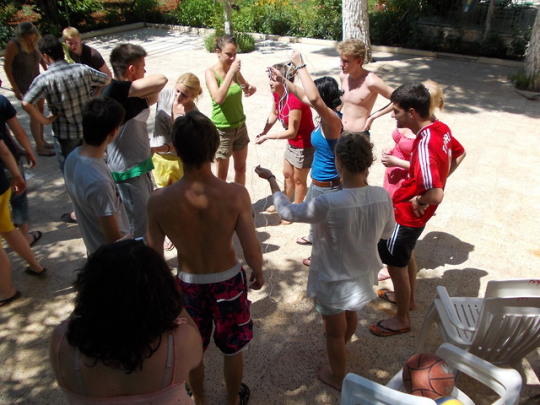
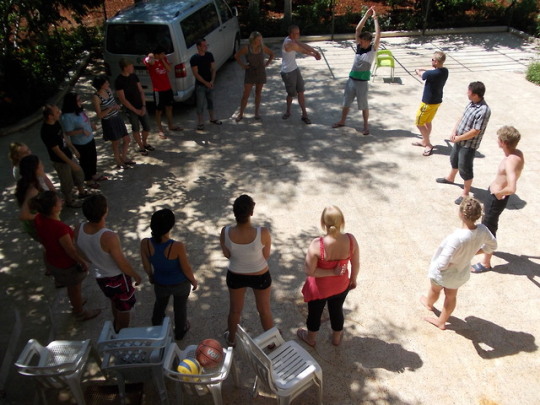
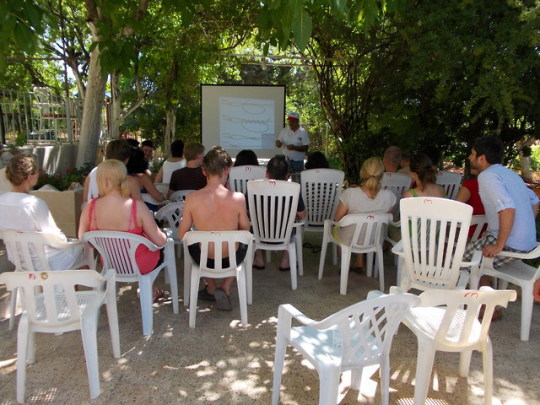
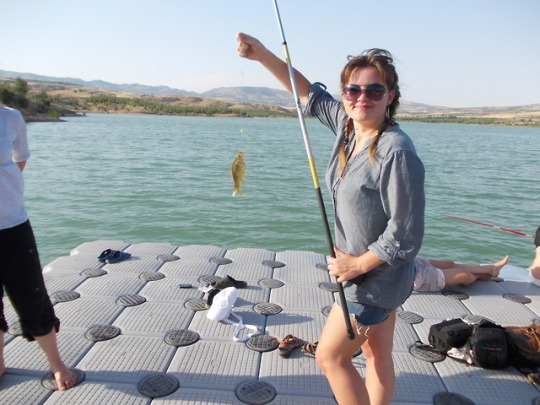
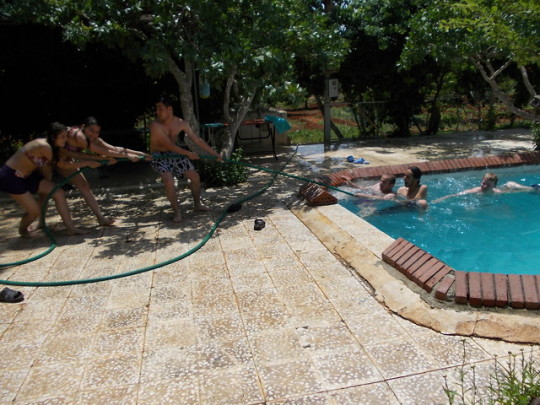

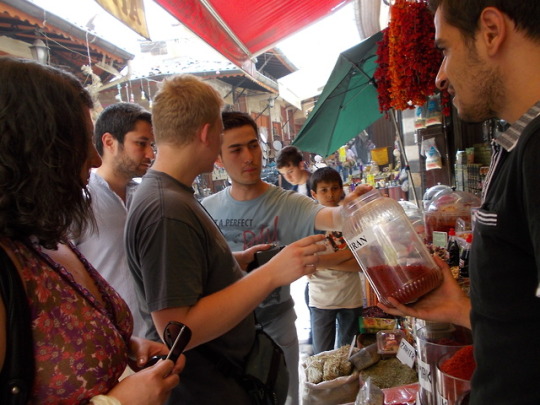
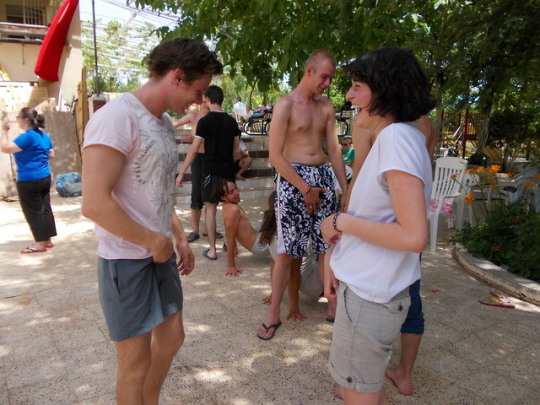
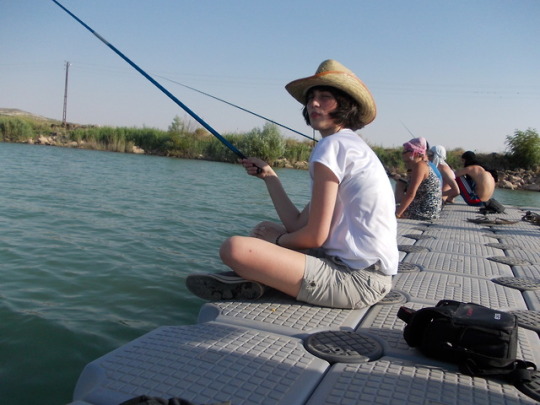
#Archive column
«Fish Protecting» project dated 2012
The project was developed based on the Governmental Water Issues Report 2010. Referring to the report the fish population in Gaziantep’s lake and rivers was steadily declining. Deeper research revealed inadequate fishing process. People were fishing causing damage to the fish population as well as to the environment. To draw an example, using the plastic fishing net as a fishing tool is the problem around the world. Firstly, the net is tearing apart and staying in the water for centuries, secondly, some fish get caught into the plastic net parts’ and eventually die.
Therefore, our organization exposed the need in educating people on how to fish without causing damage to the environment, to reduce fish population loss and by increasing awareness of the youth to prevent harmful activities.
The learning process was interactive and very practical. At the first stage, participants were learning the theory with examples, learning various ways of fishing, etc. At the second stage, we implemented fishing where they had a practical part.
The training was held in a quite informal and cozy atmosphere. Volunteers learned not only fishing but also they were exchanging information about their countries, cultures, languages, historical background, body languages, cuisine, music and other areas of life. Participants were living in a garden house with the swimming pool. Spending their time in the pool and organizing mini-parties. Important to mention there were organized cultural nights where all participants could represent their countries in the folk costumes. They brought some food and beverages, some people were inspired and prepared presentations. Turkey was represented as well. While cooking altogether local cuisine with Turkish participants, listening to Turkish songs people could dive into local culture with very spicy cuisine.
One more significant point is exploring Gaziantep by the participants, that means exploring Turkish culture through Gaziantep. There were organized trips and sightseeing. Therefore, the youth could experience each other’s culture comprehensively. Not only the culture but also professional experience, regarding environmental issues, was shared.
This was just one out of tens other remarkable projects. Stay with us to obtain more information!
0 notes
Photo
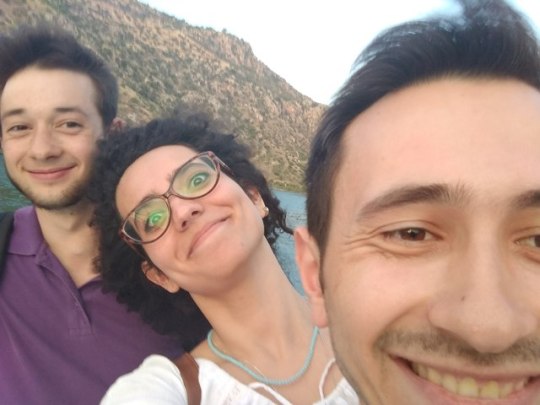
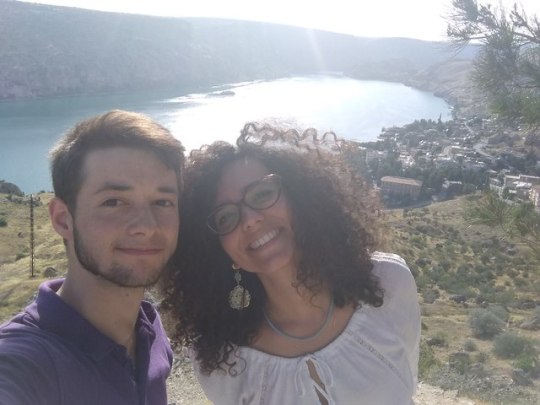
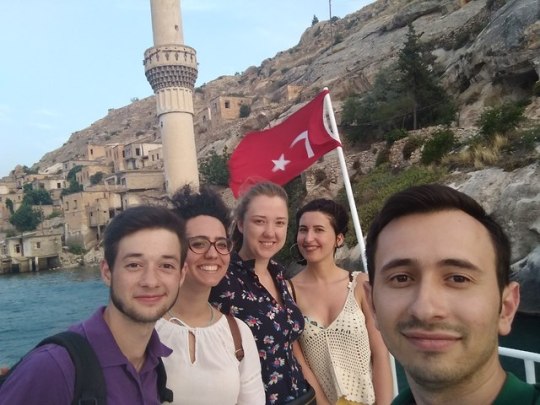
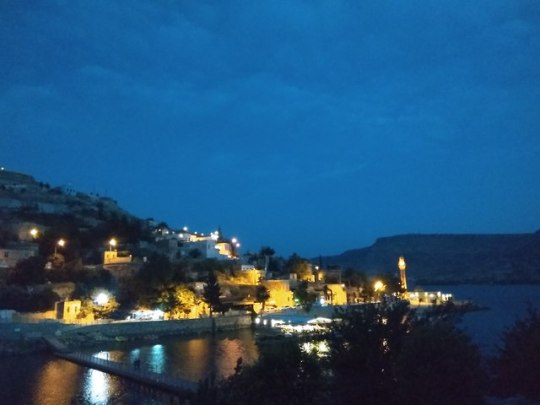
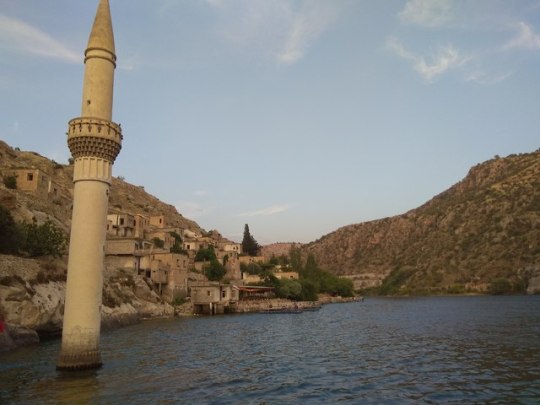
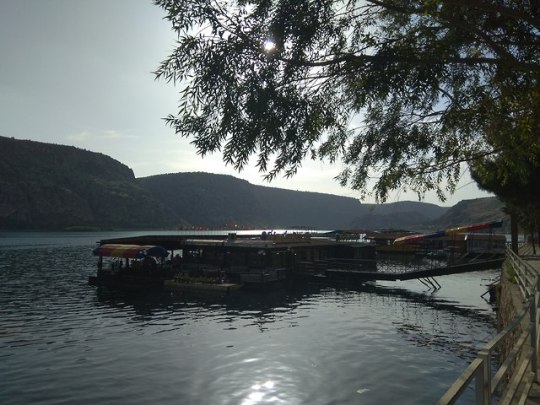
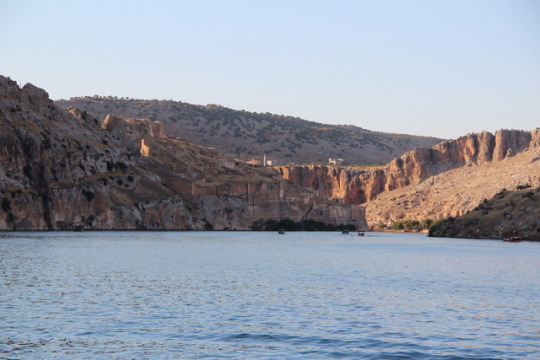
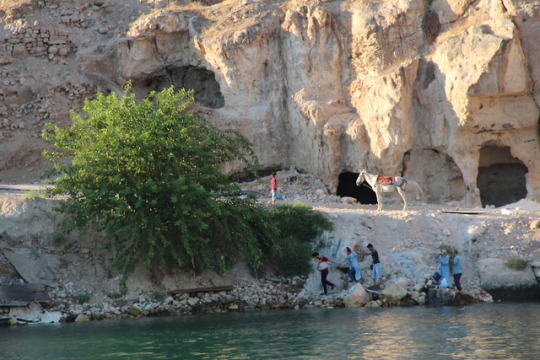
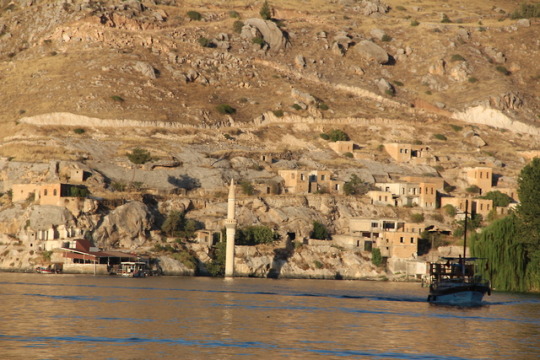
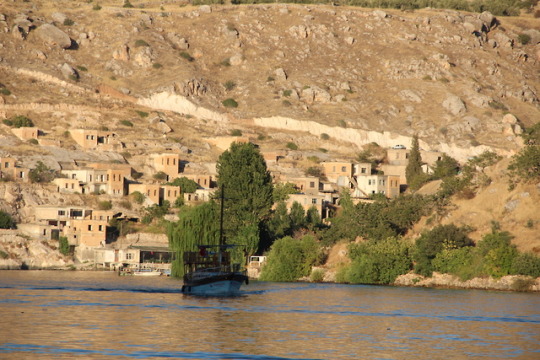
#Archive column
Summer trips organized by SOF Youth and Sports Association for volunteers.
In this column, we will share our traveling stories during group EVS. The description of the places will be included as well. As it was mentioned in previous articles, one of the main advantages of volunteering on Erasmus+ projects is exploring the country and its culture. There is no better way than traveling to achieve this goal. Therefore, our organization assists volunteers to discover surroundings.
Today, I am going to tell about one of the most mysterious places covered by history dust and passed through ages. One of the closest destinations Halfeti.
The settlement is divided into New and Old Halfeti. The remnants of Old Halfeti is sunken into the river due to the Birecik Dam, which flooded the area in the 1990s. The town’s history goes back to 855 BC when the Assyrian King Shalmaneser II first established the settlement. After the Roman period, the town witnessed many civilizations including the Sassanians, Arabs, Umayyads, and Abbasids who ruled over the area from the 6th until the 8th centuries AD. By the 11th century the Seljuks took over Halfeti and by the 16th century, it became part of the Ottoman Empire.
There is a video of Halfeti’s Old Town:
https://www.youtube.com/watch?v=FVIX_xI5vhA
One of the most significant places in the history of Christianity, Rumkale carries architectural ruins of Late Roman and Middle Age characteristics. In the castle, you will find the ruins of columns and bushes, Aziz Nerses Church (1175), Barşavma Monastery (13th century), water cisterns, etc.
The reason why Rumkale was in a significant place under the name of Hromgila in the 11th century during the Roman era Johannes, one of the apostles of Jesus, resided at that place and produced copies of the Bible in a room caved inside the rocks. In addition, in the 12th century, when the Poet Saint Nerses gathered all ambassadors of the empire in order to unite the sectarians, it contributed to the significance of the castle.
Here you can observe Rumkale:
https://www.youtube.com/watch?v=9YF3PPDuXHg ,
https://www.youtube.com/watch?v=HdFK3vhXzNk
In case, if you are interested in history you should search for more information since I do not want to overload this article with historical background, however, I hope this information to be useful and provide insight into the city’s atmosphere and background.
MUST DO is taking a boat trip in the Euphrates observing the city under the water and having a refreshing boat ride. It is not recommended and even is forbidden to swim in the river. However, some volunteers with very good swimming skills are able to take a swim under the boat captain’s supervision. Not every captain agrees to do so. One more TO DO is trying fish! It is incredibly tasty and spicy as well. The fish has never left indifferent anyone yet.
That was just one of the trips in 2018. I am going to share more trips and adventures of our volunteers. Stay with us, stay informed and inspired to join our projects!
0 notes
Photo
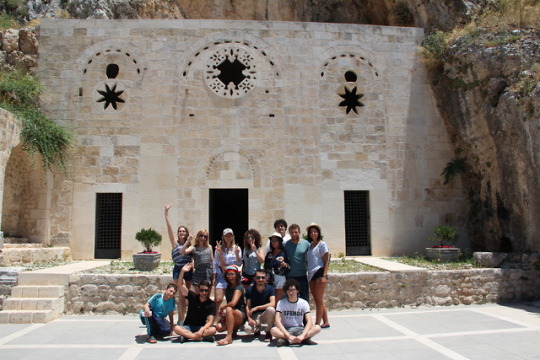
Why is it worth to volunteer abroad at least once in your life? Why Gaziantep is a very suitable place for your Turkey experience?
This article is based on the experience of Erasmus+ short-term and long-term volunteers.
Let me introduce our organization, its activities, and goals. We are Sof Dagi Youth and Sports Association (later will be used as Sof Dagi YSA) established in 2005. Our goal is to encourage youth doing sport and engage them in social activities. We are working with Erasmus+ implementing EVS (European Volunteering Service) and ESC (European Solidarity Corps) projects, which are under the European Commission's direction.
This volunteering allows a young person (18–30 years) to become a volunteer in another country for a specified term, usually between 2–12 months. The individual concerned does not need to have higher education, specific work experience or anything else. This opportunity enables people to prove themselves and enlarges the horizons.
By saying “prove themselves,” I mean to encounter difficulties and dealing with them. First of all, going abroad to a country that might shockingly differ culturally, that uses a foreign language, mayhap the language in a different language group is challenging. It is time to discover yourself. If you are a shy person and not talkative this experience most probably (99, 9%) will reveal your curiosity to the level where there is no place for hesitation.
Talking about the experience of volunteers in Sof Dagi YSA in Turkey...
We can mention waking up with calling to prayer Adhan that is a very new experience for most of the volunteers and is quite atmospheric. Trying local cuisine that is under UNESCO’s protection is so spicy that may have big consequences such as warming up your heart even if you are Snow Queen herself. Free local transportation for three days in connection with the celebration of religious holidays is surprising and pleasant. This is how a person may explore beautiful distinctions. At any moment, anywhere. It is magical.
Coming to the project will not restrict your learning only to one country. While meeting volunteers from other countries such as East and West Europe, Arabic countries will make their own contribution. Gaziantep is a town with the University that accepts myriads of overseas students. Making friends is one of the main parts of volunteering time.
In spite of Gaziantep being on the very board with Syria, it is a calm and peaceful city. The city accepted a great number of refugees that makes 20% of the population in Antep. There are no safety issues. People are living in peace being neighbours and friends.
Gaziantep is located almost in the middle of the country. That allows easily traveling not only western but also eastern parts of Turkey. Turkey is the country of big contrasts. More eastern is the location more conservative it is. Volunteers have free time and are encouraged to spend it for exploring the country.
Some more advantages of choosing our location. Izmir, Antalya, and Istanbul are splendid touristic cities, astonishing locations… and not only, but the prices are also astonishing, the cost of living is also much higher. Therefore, to make savings for future-traveling choosing our city is more reasonable. Izmir, Antalya, and others during summer time are almost unbearable to live in if you are not used to. Alternatively, hope that you like humidity.
Coming to language learning, knowledge of the additional language is always a privilege. Practicing the language with native speakers is one more advantage. Also, volunteers are able to organize their own language courses and learn other languages.
While learning languages it is impossible not to feel the influence of the historic events. For instance, Arabic and French-influenced Turkish. There is a wide range of events that had led to borrowing words from these languages. This is an adventure that takes you through times.
Being in a new environment is leading up to the emergence of new interests what makes you a versatile personality.
Many people's lives turned on a dime. Some of them found their calling and later established own businesses. As such one girl was working with leather goods and later she was inspired to work in this area. Some people find their soul mates while this trip. Others are taking a year-gap to clear their heads and in result find out something new for themselves.
There are no borders; mainly these borders and restrictions exist in our minds.
Stay with us and we will share more information and opportunities!
0 notes
Photo
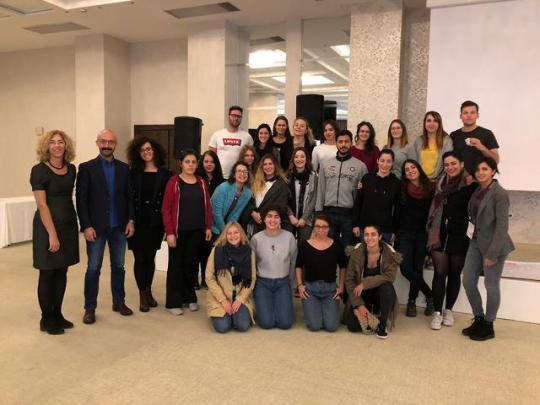
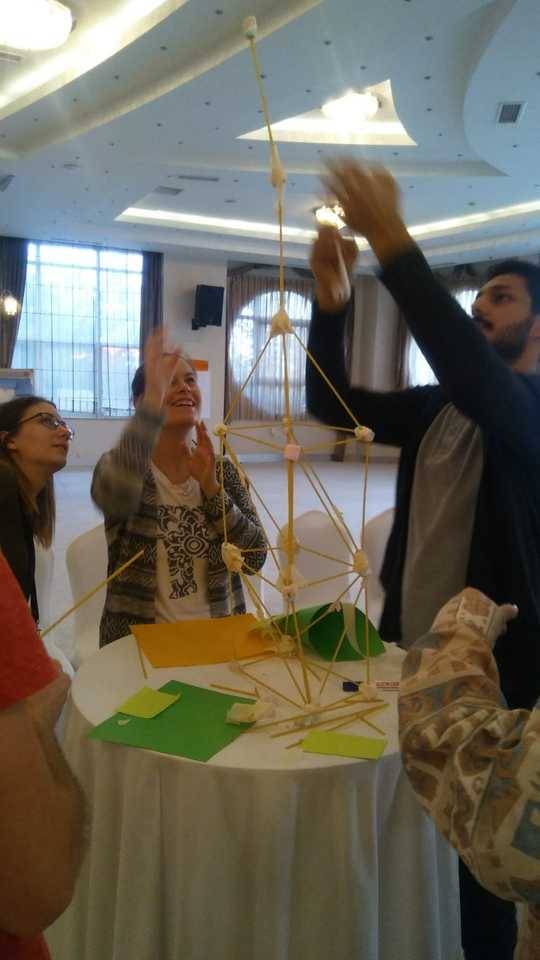
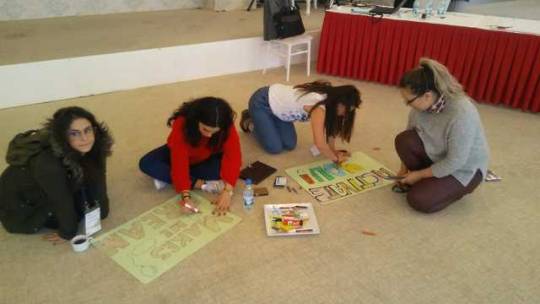
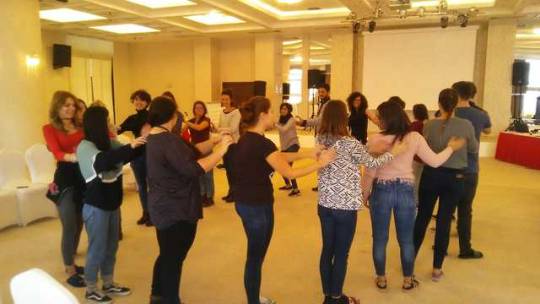
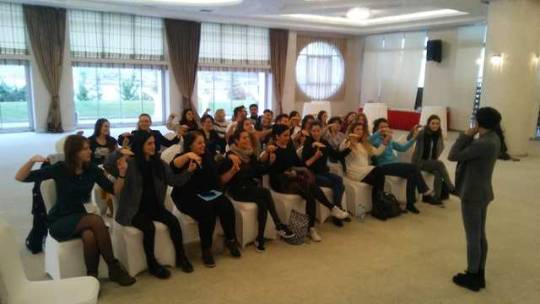
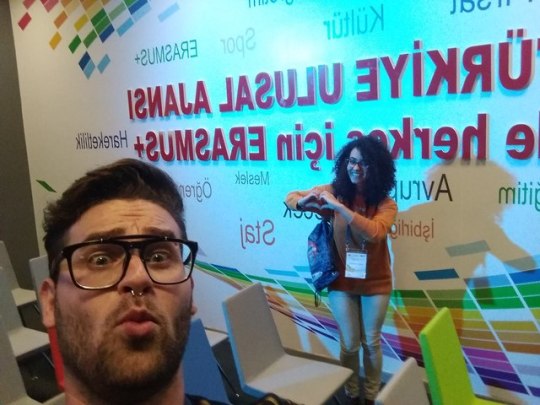
Main actors. Pre-departure training. First steps in a foreign country. On- arrival training.
First of all, to understand how something works it is essential to know who is involved in the process. There is a pyramid of bodies involved in the process, but today I want to concentrate on three main actors.
The most important is a VOLUNTEER, who is in the center. When a person decides to become a part of the project that an individual gets in touch with Sending Organization that is located in the Home country of a volunteer. This organization deals with documents such as insurance, agreement letters, etc. They are the first step to be taken on this route. These people will organize pre-departure training with the aim of explaining the rights, opportunities of a volunteer on the project also will provide more information regarding the projects.
The second step is arriving in the Host Country. Here a volunteer is under the direction of next body Receiving/Host Organization. A volunteer is supposed to have a project coordinator who is literally a father for a volunteer while being on the project. This person is the biggest support in any case for a volunteer. Whether if a volunteer wants to change or to add some activities to the program, or needs a visit to the doctor, whatever it is - he is the person on whom is possible to rely on. In addition, volunteers are supposed to have a mentor. In the first instance, while adapting to local culture and exploring the city this person is a bridge for volunteers to a new environment.
The next body to be represented is a National Agency. The National Agencies are based in Programme Countries and their role involves providing information on Erasmus+, selecting projects to be funded, monitoring and evaluating Erasmus+, supporting applicants and participants, working with other National Agencies and the EU, promoting Erasmus+, sharing success stories and best practices. However, I would like to highlight supporting applicants and participants. What practically does it mean? They are the people who are going to provide on-arrival training, mid-term training (for long-term volunteers).
Why on-arrival training is that important? Here on 5-day training participants will be informed about Erasmus+ in detail, information regarding each body and their responsibilities and duties will be given, the responsibilities and duties of a volunteer will be discussed, the cultural differences will be demonstrated, volunteers will make new friends from various countries, etc. In a case with Turkey on-arrival and mid-term training are held in Ankara. In the hotel near the lake in a very cozy atmosphere.
Hope this article to draw some pattern for a person who has no idea of the steps, main actors and support that is provided by several bodies during Erasmus+ ESC projects.
0 notes